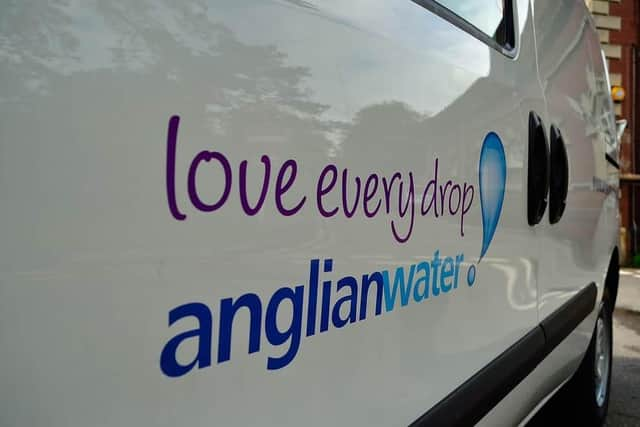Discover how Luton’s community adapts to road closures and infrastructure upgrades, turning short-term disruption into long-term sustainability and resilience. Learn more now!
Anglian Water has announced a significant investment of £1.85 million aimed at addressing the harmful effects of phosphorus in Everton. This initiative is set to include major upgrades to Everton's water recycling centre, aiming to tackle pollution and protect the local environment.
Introduction of the Project
The £1.85 million investment comes as part of Anglian Water's broader strategy to enhance water quality and sustainable practices across its service areas. Phosphorus, while beneficial in small amounts as a nutrient for plant growth, can cause severe environmental issues when present in high concentrations. Excessive phosphorus levels contribute to eutrophication, leading to uncontrolled algae blooms which deplete oxygen in water bodies and harm aquatic life.
Objectives of the Investment

The primary goal of this substantial financial commitment is to reduce the phosphorus levels being released into the environment from the Everton water recycling centre. By upgrading its treatment processes, the facility will be able to more effectively remove phosphorus from wastewater before it is returned to local rivers and streams. This proactive approach aims to mitigate the negative impacts of pollution on ecosystems and ensure sustainable water management for future generations.
Details of the Water Recycling Centre Upgrades
The investment will be utilised to implement advanced technological solutions within the Everton water recycling centre. These improvements may include installing state-of-the-art filtration systems, enhancing chemical treatments, and incorporating biological processes that break down phosphorus compounds more efficiently. Such advancements are expected to significantly improve the centre's operational capacity and efficacy in treating wastewater.
Community and Environmental Benefits
For the community of Everton, the investment signifies a commitment to safeguarding local water resources and public health. Cleaner water means safer recreational activities, healthier wildlife habitats, and a more resilient ecosystem. Additionally, reducing phosphorus pollution aligns with broader environmental policies and sustainability goals, contributing to global efforts to combat climate change and preserve natural resources.
Local residents and environmental groups have welcomed Anglian Water's initiative, recognising the long-term benefits of reduced pollution and enhanced water quality. Educational programs may also accompany the physical upgrades, helping to raise awareness about the importance of protecting water resources and promoting responsible water usage among the community.
Future Prospects and Broader Implications
While the immediate focus is on Everton, Anglian Water's investment represents a model for other regions facing similar environmental challenges. By prioritising innovative solutions and demonstrating a strong commitment to ecological stewardship, Anglian Water sets a precedent for water management practices that could be adopted by other utilities nationwide.
Furthermore, this project underscores the importance of investing in infrastructure to meet contemporary environmental standards and address emerging threats posed by pollutants. As industries and communities grow, ensuring the sustainability and safety of water resources will remain a critical concern, requiring ongoing attention and investment.
Conclusion
Anglian Water's £1.85 million investment in Everton marks a pivotal step towards mitigating the harmful effects of phosphorus and improving water quality. By upgrading the Everton water recycling centre, the initiative not only addresses current pollution problems but also paves the way for a healthier and more sustainable environment. This strategic move highlights the essential role of infrastructure investments in achieving long-term ecological balance and community well-being.